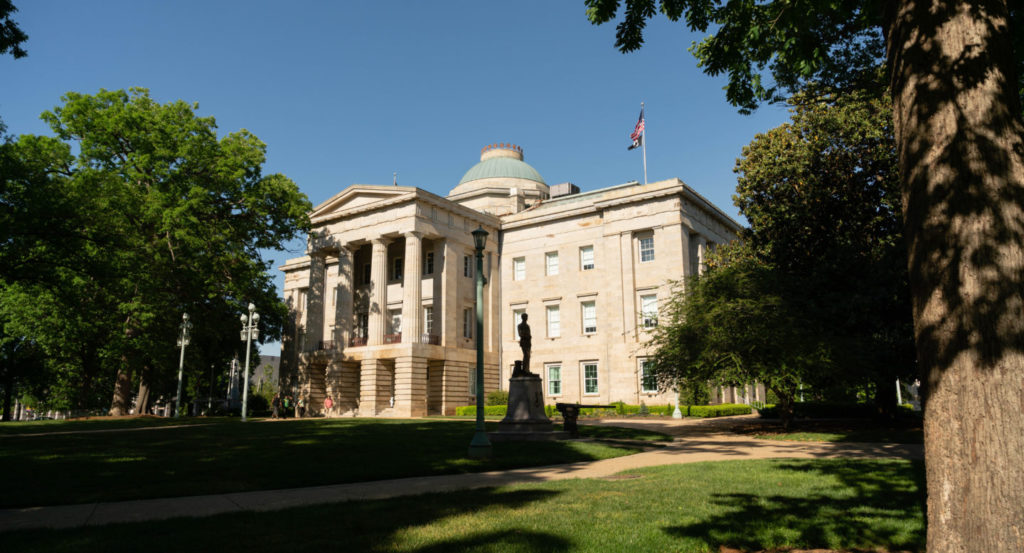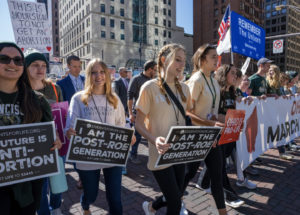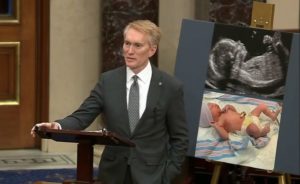Heartbeat, first trimester or conception likely to center abortion law in North Carolina
(The Center Square) – Fetal heartbeat detection, or a ban after the first trimester with limited exceptions?
North Carolina’s respective General Assembly chamber leaders are split on deciding…

(The Center Square) – Fetal heartbeat detection, or a ban after the first trimester with limited exceptions?
North Carolina’s respective General Assembly chamber leaders are split on deciding when it comes to abortion legislation. So too are many of their Republican colleagues that own majorities in the Senate and the House of Representatives.
Even a Scotland County pastor, a Democrat in the House, is yet to decide.
More bills may follow the one Rep. Ben Moss, R-Richmond, and two colleagues offered Thursday. At some point, a proposed law is expected to be in front of Gov. Roy Cooper.
“If you are reading this, you have been blessed with the gift of life,” Moss said of House Bill 533, which he is sponsoring along with Ed Goodwin of Chowan County and Keith Kidwell of Beaufort County. “Every human life has value from the womb to the tomb, and I am thrilled to introduce this legislation that will defend the dignity and sanctity of every person. I will continue to promote a culture of life and ensure that every child, regardless of circumstance, is given the chance to flourish and thrive.”
Moss’ bill prohibits abortions after conception with the sole exception of preserving the life of the mother. The bill includes civil penalties and potential medical license revocation for violations.
North Carolina Republicans caucused in late February to find consensus. House Speaker Tim Moore, R-Cleveland, has said that process is ongoing.
Moore has confirmed Republicans are considering a variety of options, from a ban on abortions after the first trimester with exceptions for rape or incest, to prohibiting the practice after a fetal heartbeat is detected.
Moore has told the media he personally supports the latter, while Senate President Pro Tempore Phil Berger has said he prefers a first-trimester limit.
Moore told the media last month he’d like to find agreement in the House before negotiations with the Senate to settle on something both chambers can agree on.
North Carolina Democrats in January introduced legislation to “codify Roe v. Wade,” which limited abortions after about 28 weeks.
At least one Democrat, Rep. Garland Pierce, a minister from Scotland County, has signaled a willingness to consider further abortion restrictions, though he has said his support for or against will depend on the details.
Abortion activists, meanwhile, are ramping up the rhetoric, and are ready and waiting to attack any measure to further restrict the practice.
“This is the kind of attack on abortion we have feared and prepared for in North Carolina,” Liz Barber, senior policy counsel for ACLU North Carolina, said of HB533. “A ban on abortion like the one put forth in this bill would put the rights, health, and well-being of millions of North Carolinians at risk. Like all anti-abortion legislation, this bill threatens our right to control our own bodies, our economic security, and the visions we have for our futures. No one should be forced to carry a pregnancy to term and give birth against their will.”



